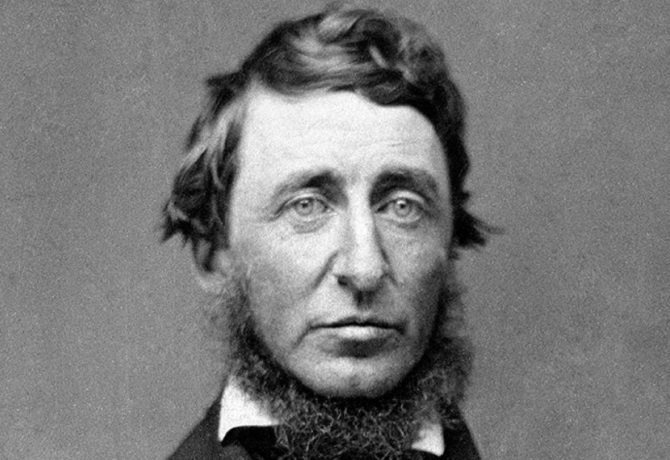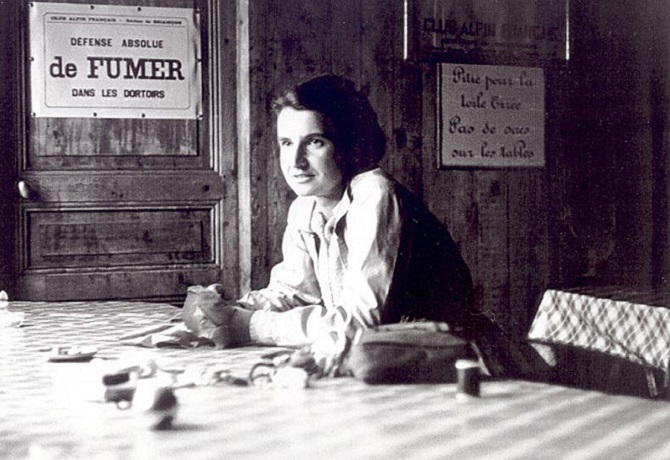Henry David Thoreau was born on July 12, 1817 in Concord, Massachusetts. When Thoreau was sixteen, he joined Harvard College, where he was known as an earnest though unconventional scholar. Henry’s older siblings were both schoolteachers. When it was decided that their brother should go to Harvard, as had his grandfather before him, they provided from their teaching salaries to help pay his expenses. While at college, Thoreau studied Latin and Greek grammar and composition and took classes in a wide variety of subjects, including mathematics, English, history, philosophy, and four different modern languages. During his Harvard years, he was exposed to the writings of Ralph Waldo Emerson, who later became his main mentor and close aide.
After graduating in 1837 and into the early 1840s Thoreau was occupied as a schoolteacher and tutor. In 1841 he was invited to live in the Emerson household, where he remained intermittently until 1843. He served as handyman and assistant to Emerson, helping to edit and contributing poetry and prose to the transcendentalist magazine, The Dial.
On July 4, 1845, he moved into a small self-built house in a second-growth forest around the shores of Walden Pond. In July 1846, when Thoreau went into town to have a pair of shoes repaired, he was arrested for refusing to pay a poll tax meant to support America’s war in Mexico. He spent a night in jail. His most famous essay, Civil Disobedience (published 1849), which in its call for passive resistance to unjust laws was to inspire Gandhi and Martin Luther King, Jr., as a result of this experience. The journal he kept at Walden became the source of his most famous book, Walden, Or Life in the Woods (1854), in which he set forth his ideas on how an individual should best live to be attuned to one’s own nature as well as to nature itself.
Thoreau left Walden Pond on September 6, 1847. After that, he resided again in Emerson’s house (1847–49) and then for the rest of his life in his family home. He also traveled to Canada, Cape Cod, and Maine – landscapes that inspired his “excursion” books – A Yankee in Canada, Cape Cod, and The Maine Woods. By the 1850s he had become greatly concerned over slavery, and, having met John Brown in 1857, wrote passionately in his defence.
Although he never earned a material living by his writings, his works fill 20 volumes. Thoreau died of tuberculosis on May 6, 1862, at the age of 44.



